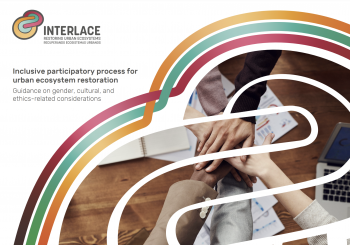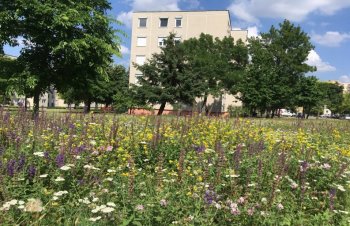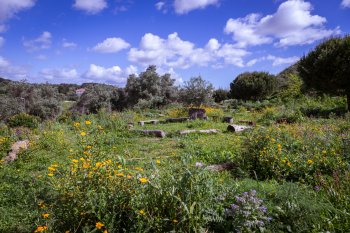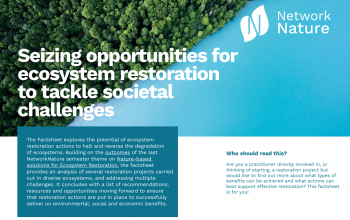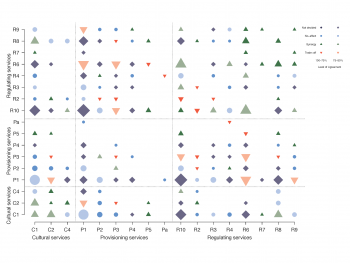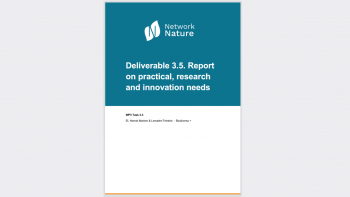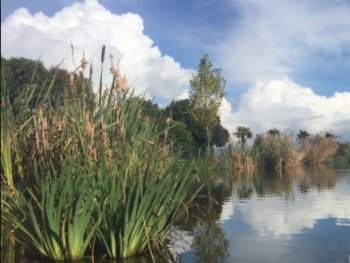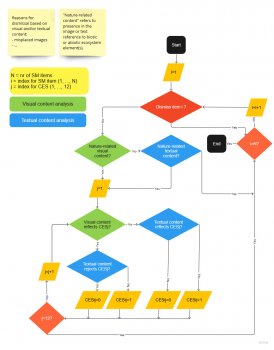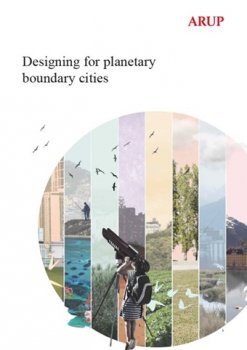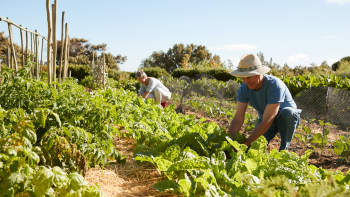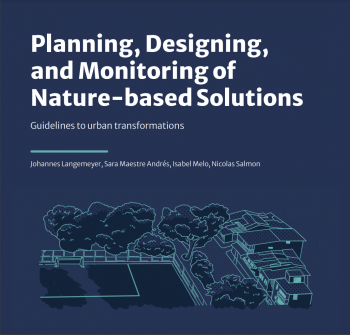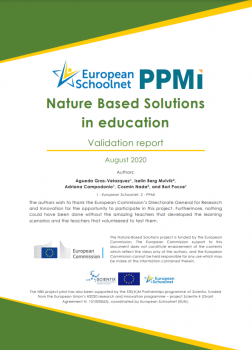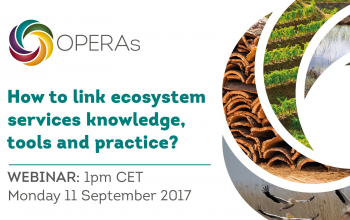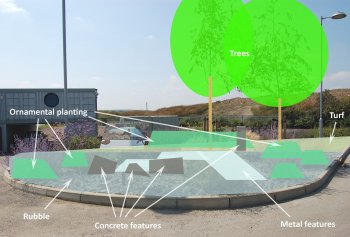Marketplace
Approaches to financing nature-based solutions in cities
Prepared in the framework of the Horizon 2020 project GrowGreen (http://growgreenproject.eu/), this working document presents an overview of financing approaches that can be used to deliver nature-based solutions (NbS) in urban areas. It includes a typology of financing mechanisms from the
Protocol on cultural, gender and ethics-related considerations
This guidance supports INTERLACE project partners who are implementing project activities and need to ensure inclusive, transparent and fair stakeholder participation, whose task is to establish monitoring of cultural, gender and ethical issues within the project. The document offers clear guidance
Panorama Solutions for a Healthy Planet
Panorama is a partnership initiative to document and promote examples of inspiring, replicable solutions across a range of conservation and development topics, enabling cross-sectoral learning and inspiration. This platform houses a number of thematic portals, and is envisioned to be continuously
ZÖLD-KÉK INFRASTRUKTÚRA: "Természet-alapú megoldások támogatása" című műhelytalálkozó előadásai
A 2022. május 3-5. között megrendezésre kerülő műhelytalálkozó első napján bemutatásra kerültek a "Zöld és kék települési infrastruktúra támogatása" c. projekt keretében megszületett szakértői anyagok. Az esemény második napján gyakorlati példákon keresztül került bemutatásra, hogy
Conexus key learning factsheet series - Formats for transferring NbS knowledge
In Latin American and European cities, various initiatives are being used for transferring knowledge to different audiences to raise awareness of Nature-based Solutions (NbS) and improve their uptake and implementation. This factsheet highlights some of these initiatives and their experiences as
NetworkNature Factsheet: Seizing opportunities for ecosystem restoration to tackle societal challenges
This factsheet explores the potential of ecosystem restoration actions to halt and reverse the degradation of ecosystems. Building on the outcomes of the last NetworkNature semester theme on Nature-based solutions for Ecosystem Restoration, the factsheet provides an analysis of several restoration
A quantitative review of relationships between ecosystem services
These are the figures that are published in "A quantitative review of relationships between ecosystem services" in Ecological Indicators in 2016. In this publication, we analysed 67 case studies that studied 476 pairwise ES combinations. The relationships between these pairs of ES were
Tree restoration potential in the European Union
Inspired by the report and the European Union’s new Green Deal, the European Commission Directorate General for Environment (DG ENV) requested the FAO Climate and Biodiversity Department to prepare a detailed report for the potential of land restoration in the European Union. The expected outputs
NetworkNature report on practical, research and innovation needs
This report on practical, research and innovation needs was prepared in the context of NetworkNature Work Package 3. The aim was to compile an evidence base for Nature-based Solutions (NbS), to be used to support the uptake and proliferation of NbS in planning, strengthening the practical
The case for mainstreaming nature-based solutions into integrated catchment management in Ireland
The intensification of European policies, agreements and regulations for climate action, water resources, energy, agriculture and forestry, and biodiversity is pressurising governments to adopt a wider portfolio of actionable solutions that are more financially and socially sustainable as well as
Standard Protocol for the Classification of Cultural Ecosystem Services through Social Media data
Collectively designed standard protocol for coding CES from crowdsourced data. It includes the following files and a video tutorial to facilitate its implementation by other researchers: - Protocol.doc: a document with the general instructions on the procedure for coding; - Annex 1. CES coding.
Designing for planetary boundary cities
The planetary boundaries signify the Earth’s capacity to tolerate change and set out the science-based limits that must not be surpassed if the Earth is to remain hospitable for future generations. This timely report explores how we can design the built environment within the ‘safety rails’
Presentation on Expanding Sustainable Agriculture
This powerpoint slide provides a case study on a successful example of nature-based solution applied in the agriculture sector: Agroforestry to make the agricultural systems in Montpellier more resilient to the effects of climate change. The agroforestry scheme was implemented under the SAFE
Planning, designing and monitoring of nature-based solutions: guidelines to urban transformations
Contemporary urban planning faces multiple challenges that require innovative and holistic solutions. Rapid urbanisation, climate change, social inequalities and environmental degradation are some of the pressures facing cities. Urbanisation increases the demand for infrastructure and services,
Nature Based Solutions in education
Citizens and experts have identified better awareness of the opportunities, benefits, and limitations of nature-based solutions as one of the main factors that could facilitate the transition to more sustainable cities and territories. Nature-based Solutions (NbS) use nature and ecosystems to
OPERAs Webinar: How to link ecosystem services, knowledge, tools and practice?
The webinar highlighted the flow between knowledge, tools and practice through case material from the OPERAs exemplars and different tools. T
- Document
Assesing the efficiency of different prevention methods of pine pitch canker, and the creation of a manual with the good pratices to follow in plant nurseries
This project developed methods to prevent Fusarium circinatum spread in pine nurseries, including seed, container, and water disinfection techniques, and tested soil alternatives to pine bark for healthier plant growth.
Socio-Economic Benefits of the EU Marine Protected Areas
This report collects, systematises and discusses the available evidence on the socio-economic benefits provided by the protection of European coastal areas and seascapes. The focus is on benefits associated with MPAs.
ECOMIMICRY (TURAS)
Innovative landscape design recommendations for maximising the biodiversity value of multi-functional urban green infrastructure (UGI) - designing with regional context
EU level ecosystem services mapping toolbox
This dataset contains maps of supply and demand of a few ecosystem services, and GIS tools to make such maps. The tools are targeted at EU level and provide a broad picture of ES supply and demand. Tools are moderate complexity methods for mapping, that upscale findings from detailed process based
- 1 of 45
- next ›


